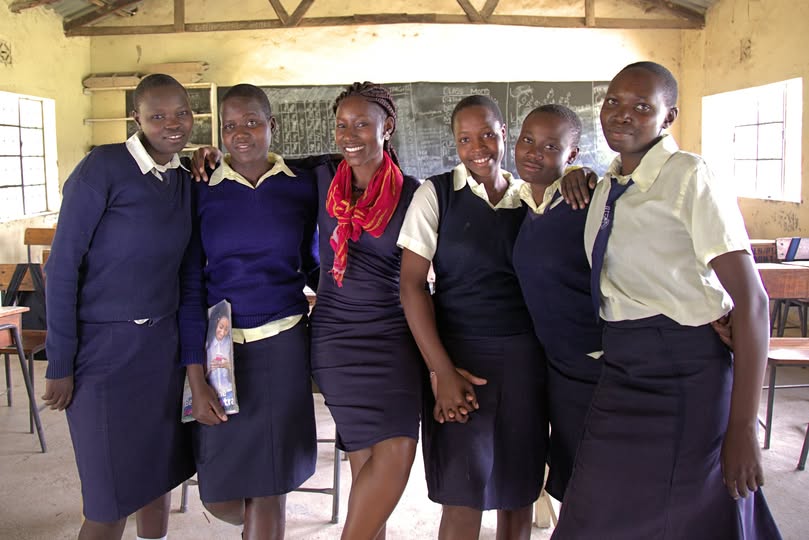State Reservations to Maputo Protocol Undermine Women’s Rights Across Africa, Legal Experts Warn
As the Maputo Protocol marks its 22nd anniversary, legal experts and gender advocates are sounding the alarm on how reservations to the treaty by African governments are obstructing women’s rights and perpetuating gender-based inequalities across the continent.
In a compelling opinion piece published by Equality Now, legal experts Deborah Nyokabi and Gicuku Kiragu argue that despite the transformative promise of the Maputo Protocol—the African Union’s foremost instrument for the protection of women’s rights—reservations made by signatory states are weakening the Protocol’s effectiveness and exposing millions of women and girls to discrimination, violence, and harmful cultural practices.
The authors highlighted that while the Protocol aims to ensure women’s rights to health, marriage equality, property, and protection from violence, several states have opted out of key provisions under cultural or religious justifications. These reservations, they say, have real-life consequences, especially for survivors of gender-based violence and marginalized communities.
Among the most pressing concerns are reservations related to reproductive rights. Uganda, Kenya, Mauritius, and Algeria are among the countries criticized for limiting women’s access to reproductive health services by reserving Article 14 of the Protocol. In Kenya alone, these restrictions contribute to over 2,600 maternal deaths annually due to unsafe abortions, despite the existence of constitutional guarantees.
The experts further cited how reservations to Article 6, which addresses equality in marriage, and Article 7, which governs divorce and separation, have led to persistent legal gaps in countries like Ethiopia, South Africa, and Algeria. These loopholes allow for unregistered and underage marriages and limit women’s ability to seek legal redress during separation or divorce proceedings.
In Algeria, for instance, exceptions to the legal minimum age of marriage still permit child marriage under both civil and customary law. Similarly, Ethiopia’s reservations enable informal separations without court oversight, leaving women vulnerable to unfair property settlements and custody losses.
Reservations to Article 21 on inheritance rights also limit widows’ legal protections. In Ethiopia and the Sahrawi Arab Democratic Republic (SADR), women are often excluded from property rights unless explicitly named in a will, reinforcing patriarchal inheritance systems that deepen economic vulnerability for widows.
In March 2025, the African Commission on Human and Peoples’ Rights adopted Resolution 632, which calls on African states to withdraw reservations to the Maputo Protocol. This milestone aims to create a unified framework for states to lift reservations and fulfill their commitments to gender equality.
“The Maputo Protocol is a powerful legal instrument, but its transformative potential is diluted by carve-outs that deny justice and dignity to millions of African women and girls,” Nyokabi and Kiragu stated. “At this pivotal moment, governments must act boldly to withdraw these reservations and uphold the rights of all African women.”
Equality Now is urging African governments to work collaboratively with civil society to align national laws with the Protocol’s provisions and ensure that every woman and girl across the continent can live free from violence, discrimination, and inequality.



